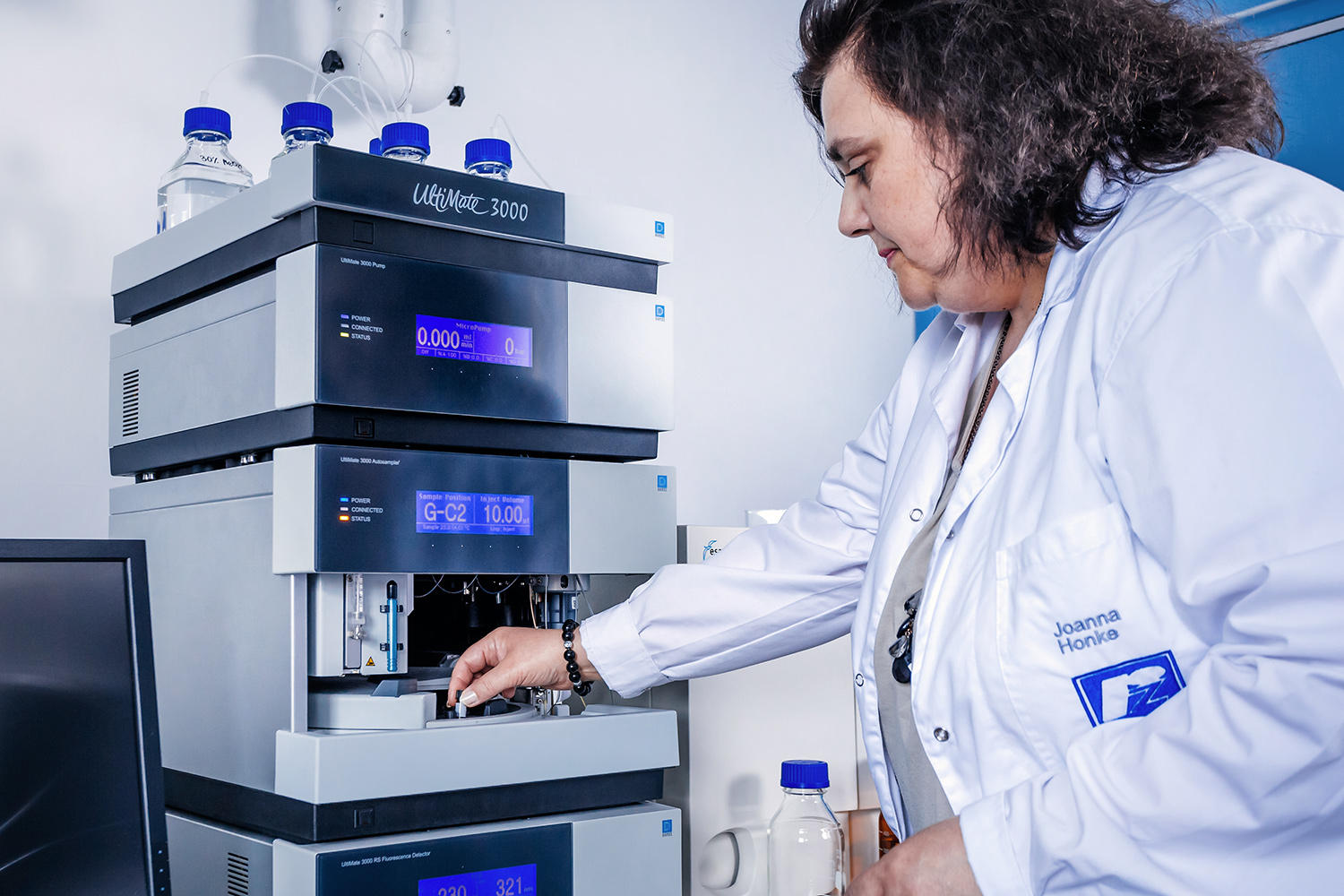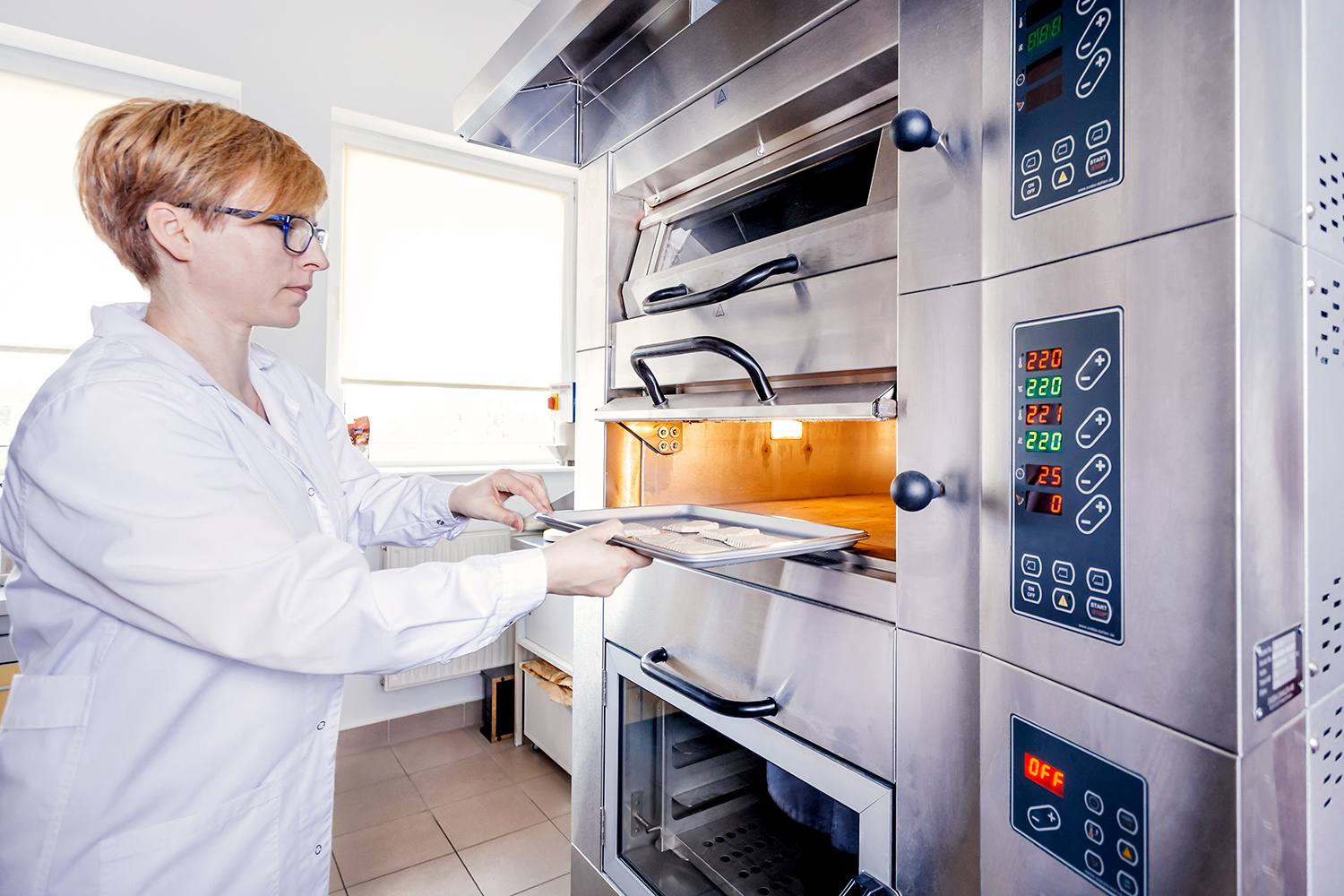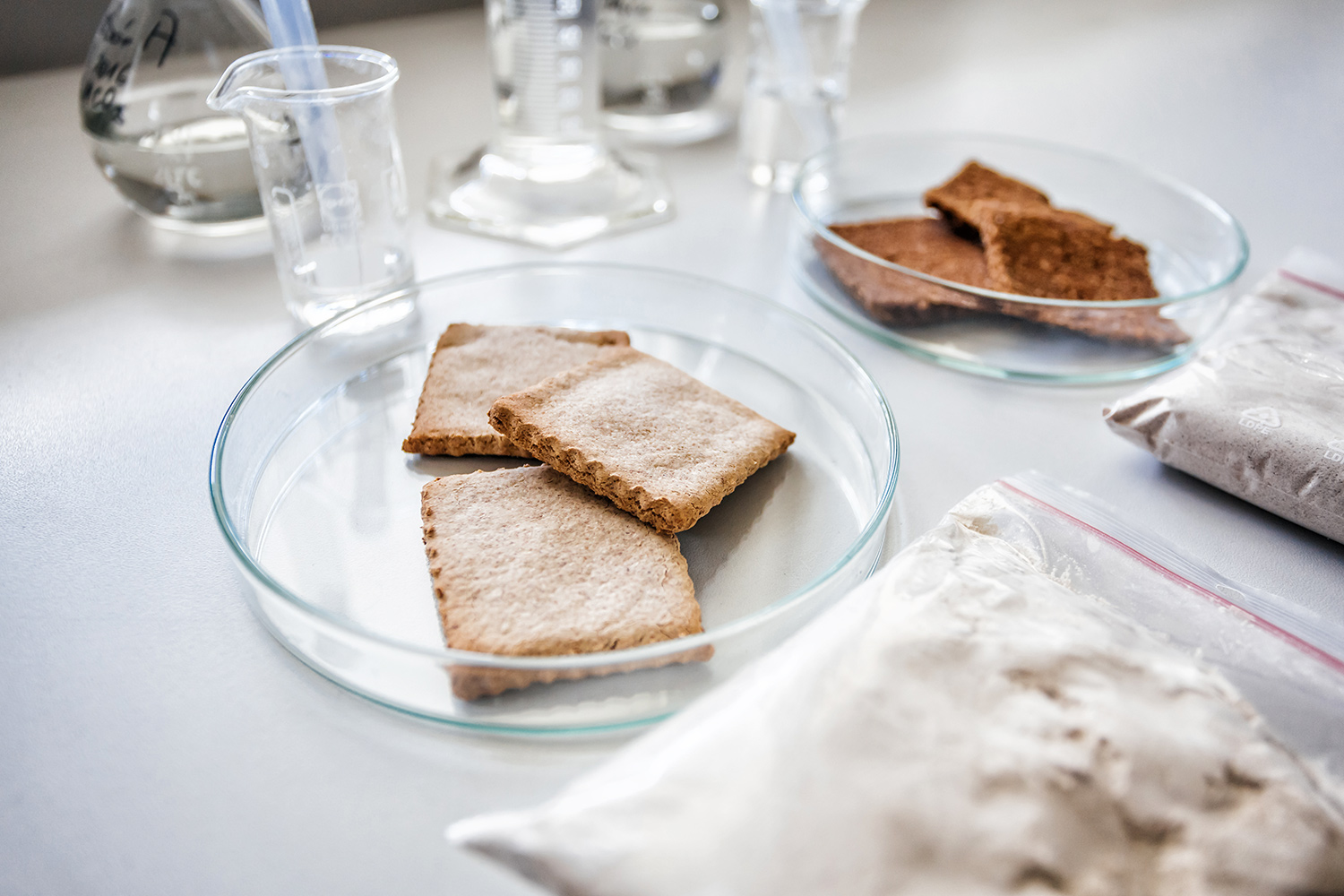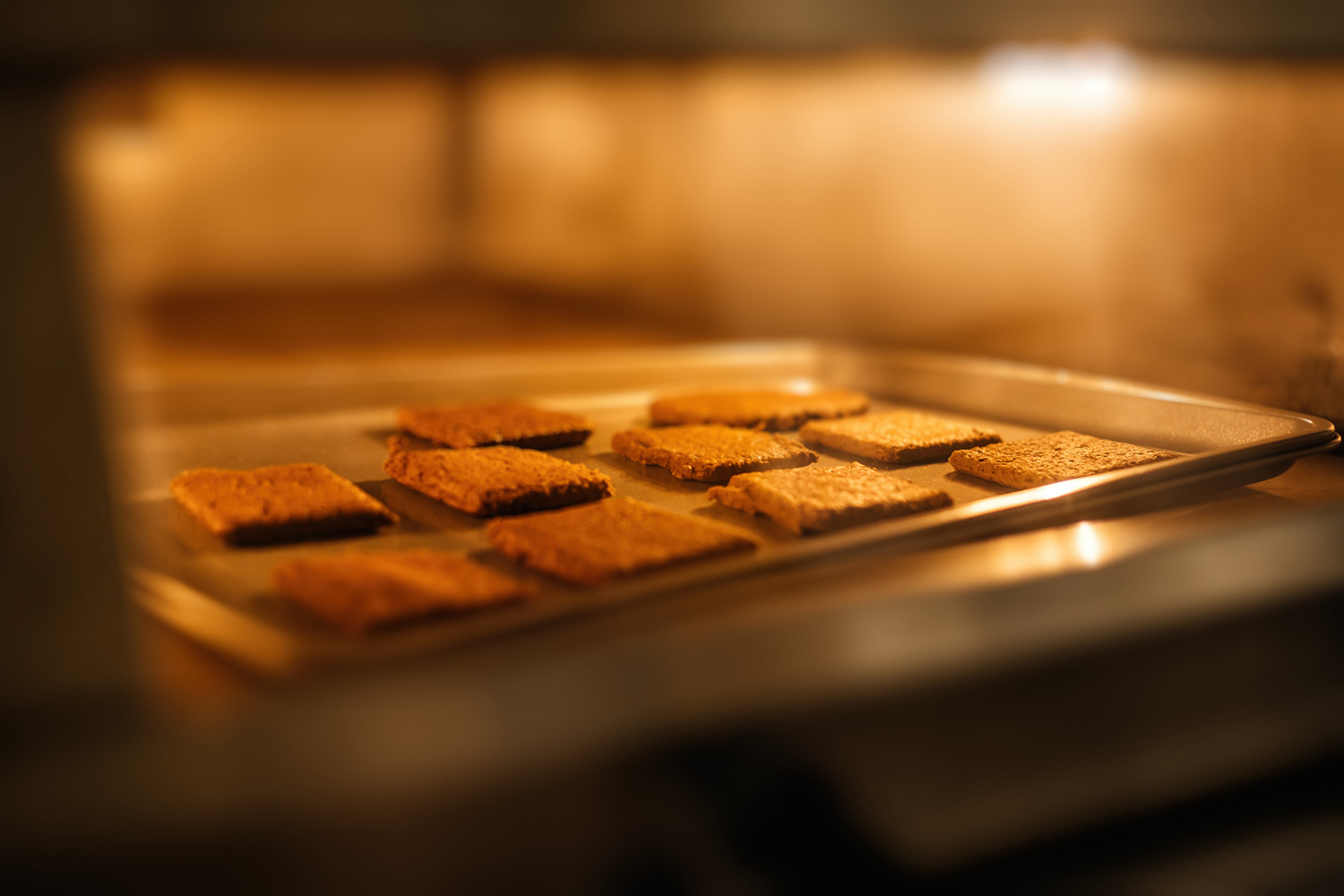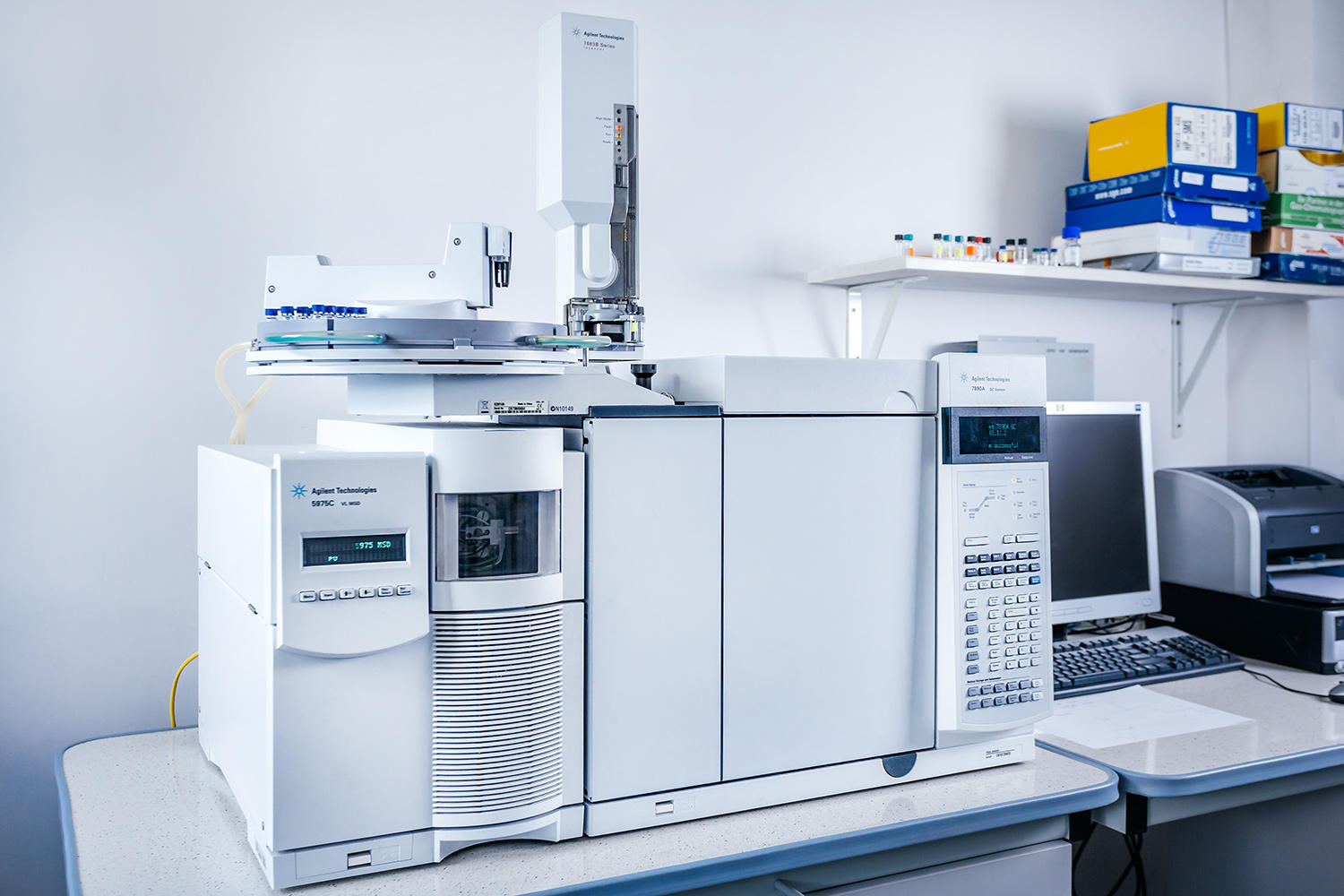Equipment:
- Micro-UHPLC gradient system with autosampler (LC200, Eksigent) coupled with TripleTOF 5600+ mass spectrometer (AB SCIEX, USA);
- Micro-UHPLC gradient system with autosampler (LC200, Eksigent) coupled with QTRAP 5500 mass spectrometer (AB SCIEX, USA);
- HPLC gradient system with autosampler (LC-20) coupled with SPD-M20A DAD detector (Shimadzu, Japan);
- HPLC gradient system with autosampler (LPG-3400M, WPS-3000TSL, Dionex, USA) coupled with multi-channel electrochemical detector (5600A, ESA, USA) and fluorescence detector (FLD-3400RS, Dionex, USA);
- Software for pharmacokinetic calculation Biokinetica;
- HPLC gradient system with autosampler (LC-10, Shimadzu, Japan) coupled with DAD detector (SPD-M10AVP, Shimadzu, Japan) and mass spectrometer (LCMS-QP8000a, Shimadzu, Japan);
- HPLC gradient system with autosampler (LC-10, Shimadzu, Japan) coupled with UV-Vis detector (SPD-10A, Shimadzu, Japan) and fluorescent detector (RF-10AXL, Shimadzu, Japan);
- HPLC isocratic system (LC-10, Shimadzu, Japan) coupled with two amperometric detectors (ICA-3000, TOA, Japan and ED40, Dionex, USA) and refraction index detector (RID-6A, Shimadzu, Japan);
- Gas chromatograph (7890A, Agilent, USA) equipped with MS and FID detectors;
- UV-VIS spectrophotometer with temperature-controlled measuring cell (UV-1601PC, Shimadzu, Japan);
- Luminescent spectrophotometer (LS 50 B, Perkin Elmer, USA);
- Photochem analyzer (Analytical Jena, Germany);
- Modular oven (DC-21, Sveba-Dahlen, Sweden);
- UV-VIS spectrophotometer (UVD-2950, LABOMED,INC., USA);
- POLARTRONIC E polarimeter (SCHMIDT+HAENSCH, Germany).
Research methods:
- determination of the level of metabolites of phytocompounds in biological fluids and tissues of organisms;
- analysis of metabolic biomarkers of the intake of food of plant origin;
- analysis of the bioavailability of food components and determination of pharmacokinetic parameters;
- analysis of plant metabolome;
- quantitative and qualitative analysis of phytocompounds:
- anthocyanins;
- flavonols;
- proanthocyanidins;
- isoflavones;
- flavanones;
- catechins;
- phenolic acids;
- oligosaccharides;
- glucosinolates;
- degradation products of glucosinolates;
- tocopherols;
- tocotrienols;
- phytates;
- P6 – P4 compounds;
- fatty acids;
- vitamin C;
- betalains;
- reduced (GSH) and oxidized glutathione (GSSG).
- analysis of antioxidative properties:
- TEAC;
- DPPH;
- ORACFL;
- PRTC;
- photochemiluminescence,
- analysis of products of Maillard reaction advancement:
- furosines;
- FAST index;
- fluorescence of intermediate products of Maillard reaction advancement;
- browning index.
- analysis of podophyllotoxin derivatives;
- analyses of enzymatic availability of food products (in vitro);
- assays of physicochemical properties of raw materials, finished products and food components, and evaluation of technological traits of experimental bakery products;
- analysis of starch, saccharides, amylase-resistant starch and dietary fibre, and protein analysis with the method of electrophoretic separation on polyacrylamide gels;
- measurements of rheological properties of hydrocolloids, viscoelastic or pseudoelastic substances, and non-Newtonian fluids;
- measurements of two-phase systems (foaming and emulsifying properties);
- analysis of aerating properties; generation of emulsion systems including, among others, mixtures of bile acids in analyses of sorption capacity against bile acids.
